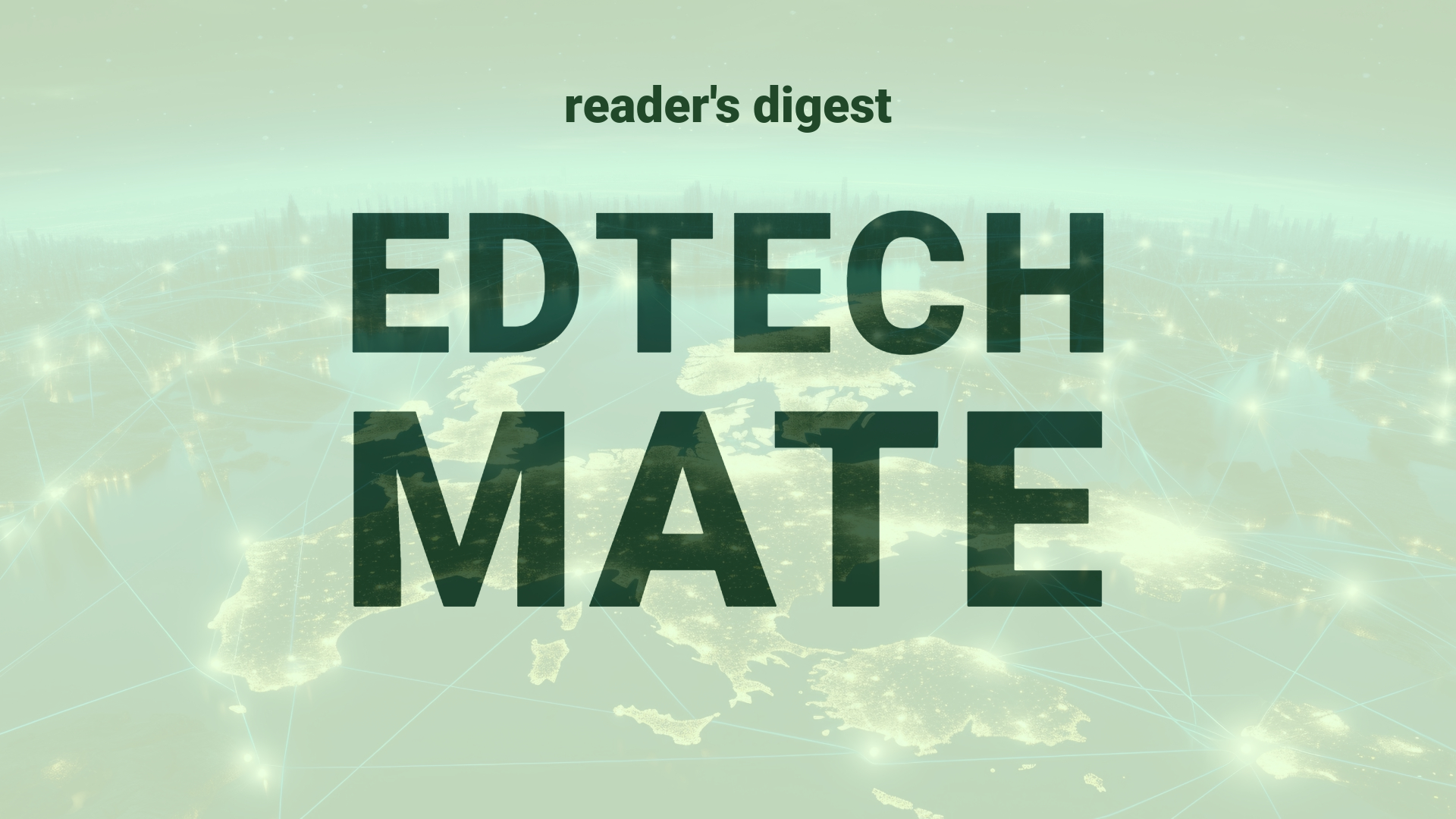Executive Summary and Main Points
The federal dismissal of the lawsuit filed by Elon Musk’s X against Bright Data highlights a significant conversation in web data scraping, its legality, and its role in developing AI technologies and digital advertising strategies. This case emphasizes the delicate balance between protecting user privacy and allowing the open utilization of publicly available data, a particularly acute issue in the current digital landscape. The ruling reiterates the legal stance that the scraping of publicly available data is permissible and signals the importance of transparent data use policies as the internet’s role in education and business continues to expand.
Potential Impact in the Education Sector
The developments in data scraping technologies and their legal backing have direct implications for the education sector. Further Education and Higher Education can leverage these capabilities for research purposes and to create more personalized learning experiences. Micro-credential providers can utilize scraped data to identify industry needs and tailor their offerings accordingly. This legal precedent also indicates potential for strategic partnerships between educational institutions and data scraping companies to enhance digital offerings, aligning with global trends toward digitalization in education.
Potential Applicability in the Education Sector
Innovative applications of data scraping in the education sector are multifaceted. Academic researchers can utilize this technology to gather large data sets from the web, fostering advancements in AI-driven educational tools. Digital tools that benefit from extensive data, such as learning analytics platforms, can also be improved, thereby enhancing student engagement and learning outcomes. The legal support of data scraping encourages a more robust utilization of publicly available data within global education systems, fostering a data-rich learning environment.
Criticism and Potential Shortfalls
Despite the legal validation of data scraping, ethical and cultural implications remain areas of concern. Critics argue that even public data scraping can lead to privacy encroachments, emphasizing the need for stringent data governance. Real-world examples include differing international privacy laws, such as the GDPR in the EU, which may conflict with these practices. Culturally sensitive approaches to data usage are necessary to avoid potential misinterpretation and misuse of information gathered from diverse sources. Case studies comparing international legal frameworks can help institutions navigate these complex dynamics.
Actionable Recommendations
For implementation within education, it is recommended that institutions develop clear data usage policies, informed by global legal precedents, to govern their engagement with data scraping technologies. Collaboration with legal experts will ensure compliance with international regulations. Additionally, establishing ethical guidelines will promote responsible use of public data. Educational leadership should also consider pilot projects that explore the integration of AI and scraped data into their digital transformation initiatives, focusing on enhancing the learning experience while safeguarding user privacy and adhering to cultural sensitivities.
Source article: https://www.cnbc.com/2024/05/10/elon-musks-x-loses-lawsuit-against-bright-data-over-data-scraping.html

